Health
-

Six cancers rising faster in younger adults than older ones
Large new global study fuels growing concern over trend of increases in several types

-

What’s next for GLP-1s?
Scientists eye new treatment targets for popular weight-loss drugs, from heart failure to addiction
-

Pricey blockbuster GLP-1s are costing users — and most of the rest of us, too
Health insurers are passing along cost for coverage in form of higher rates across the board, policy researcher says
-

Drinking 2-3 cups of coffee a day tied to lower dementia risk
Caffeinated tea also found to slow cognitive decline in study

-

New AI tool predicts brain age, dementia risk, cancer survival
Unlike other AI models, BrainIAC needs limited data to ID key neurological health indicators

-

It’s time to get more comfortable with talking about dying
Palliative care physicians offer advice for end-of-life conversations between patients, loved ones
-
A new test method
A novel liquid biopsy method can detect kidney cancers with high accuracy, including small, localized tumors which are often curable but for which no early detection method exists.
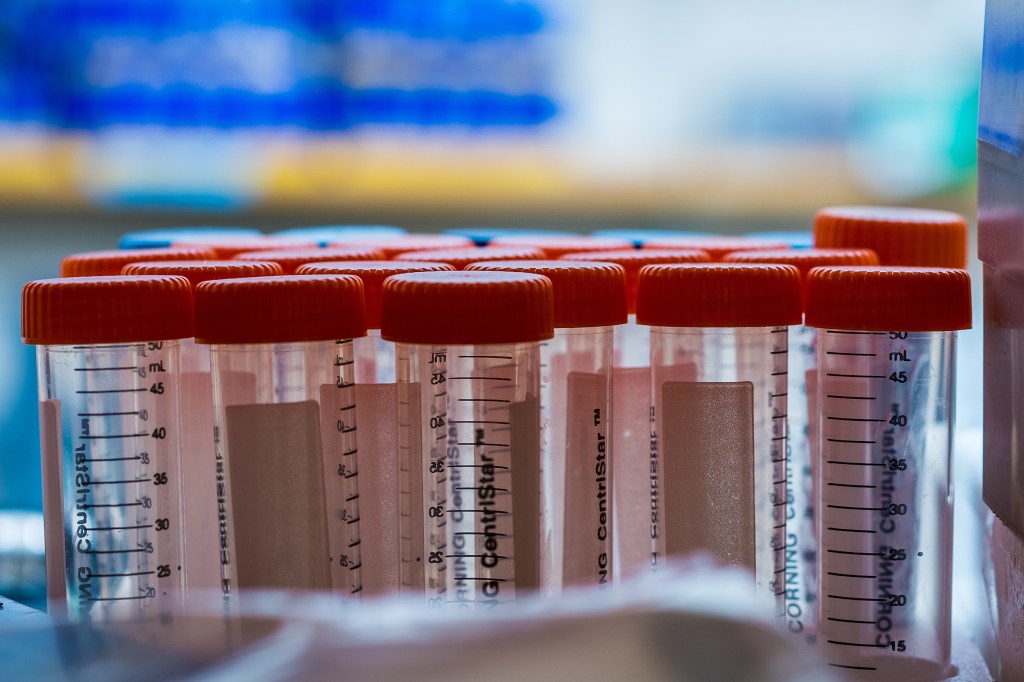
-
The risks of ‘not trying enough’ against COVID-19
Harvard economist and former Treasury Secretary Lawrence Summers said we’re in greater danger of doing too little to fight COVID-19 than too much.

-
Adding up the cost of pandemic health care
A new report published by the Brookings Institution estimates national health care spending for COVID-19 care and discusses its policy implications.

-
Loss of taste and smell is best indicator of COVID-19, study shows
Researchers deploying a smartphone app to 2.6 million users have determined that the loss of smell and taste are most predictive symptoms of COVID-19.

-
Pod-based e-cigarettes efficiently addictive
A new Harvard Chan School study has found that pod-based e-cigarettes’ efficient delivery of nicotine may foster greater dependence than other types of e-cigarettes.

-
Stroke, heart-attack cases plummet during pandemic
A Beth Israel Deaconess Medical Center study showed dramatic drops in hospital visits for heart attacks and stroke, which likely led to uncounted deaths at home during the COVID crisis. Perhaps more troubling is the potential for long-term damage to decades’ work to catch conditions in their earliest, most treatable stages.

-
Love in the time of COVID
An expert in romantic relationships talks about the ways couples can keep relationships healthy in the time of COVID-19.

-
Vaccines can protect against COVID-19 in nonhuman primates, study says
Harvard-affiliated Beth Israel Deaconess Medical Center has developed vaccines — currently being tested in animal models — that are designed to train the body’s immune system to recognize the virus swiftly upon exposure and respond quickly to disable it.
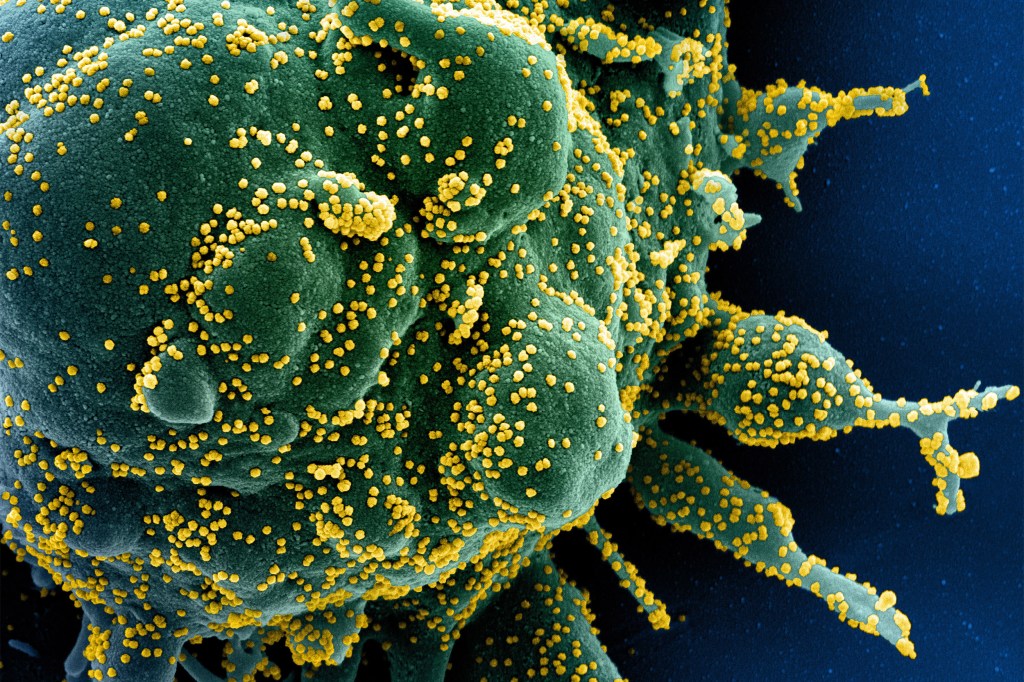
-
A summer like no other
Summer message from a health expert: Go outside and play, but don’t forget about COVID.

-
The mother of invention
COVID-19 pandemic spurs the creation of new, remote teaching methods at Harvard Medical School.

-
Sticking to the healthy diet?
A newly identified “metabolic signature” can evaluate an individual’s adherence and metabolic response to the Mediterranean diet and help predict future risk of developing cardiovascular disease (CVD), according to new research led by Harvard T.H. Chan School of Public Health.
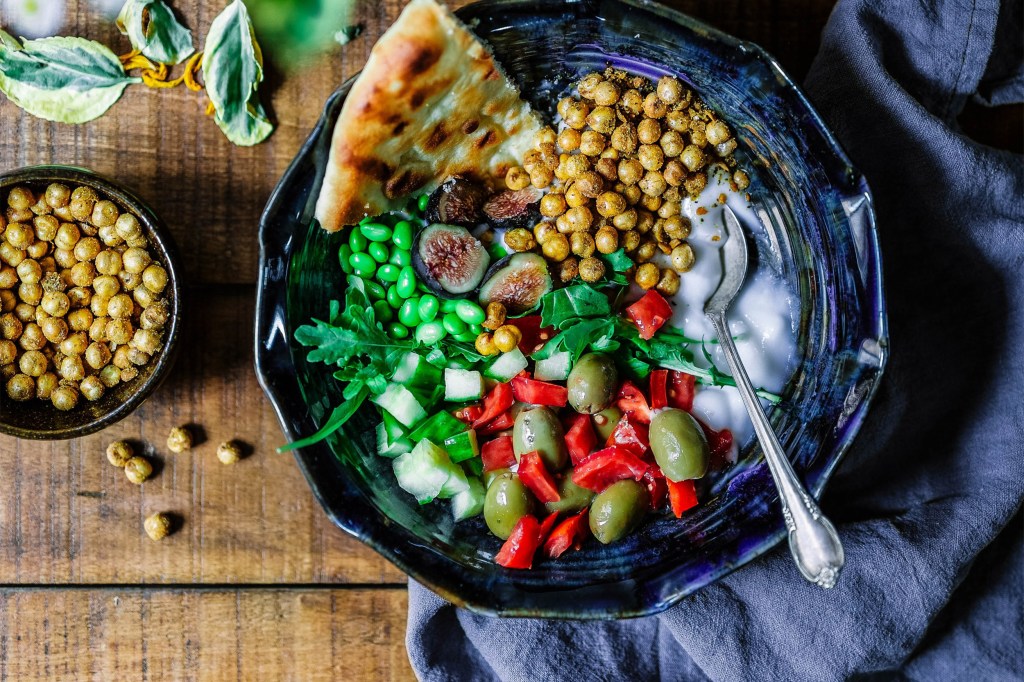
-
What pandemic dreams may come
Harvard Medical School Assistant Professor of Psychology Deirdre Barrett created an online survey to collect dreams of people during the pandemic.

-
A COVID-19 battle with many fronts
The Gazette asked alumni who are engaged in the battle against the novel coronavirus to share their experiences and how their work has radically changed.

-
Volunteers juice COVID testing at Beth Israel
An outpouring of volunteers and equipment from the Harvard medical community have helped a Harvard hospital testing lab meet COVID’s challenge.
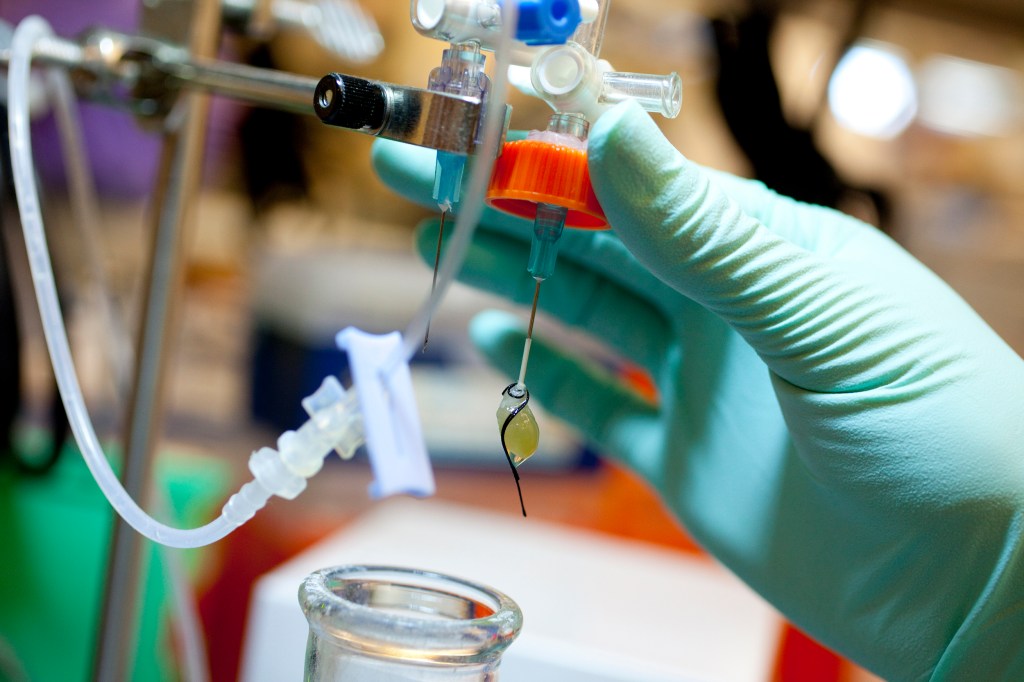
-
Mapping the cancer connection
A new study takes the most comprehensive look to date at the connection between the ancestry and the molecular makeup of cancer.
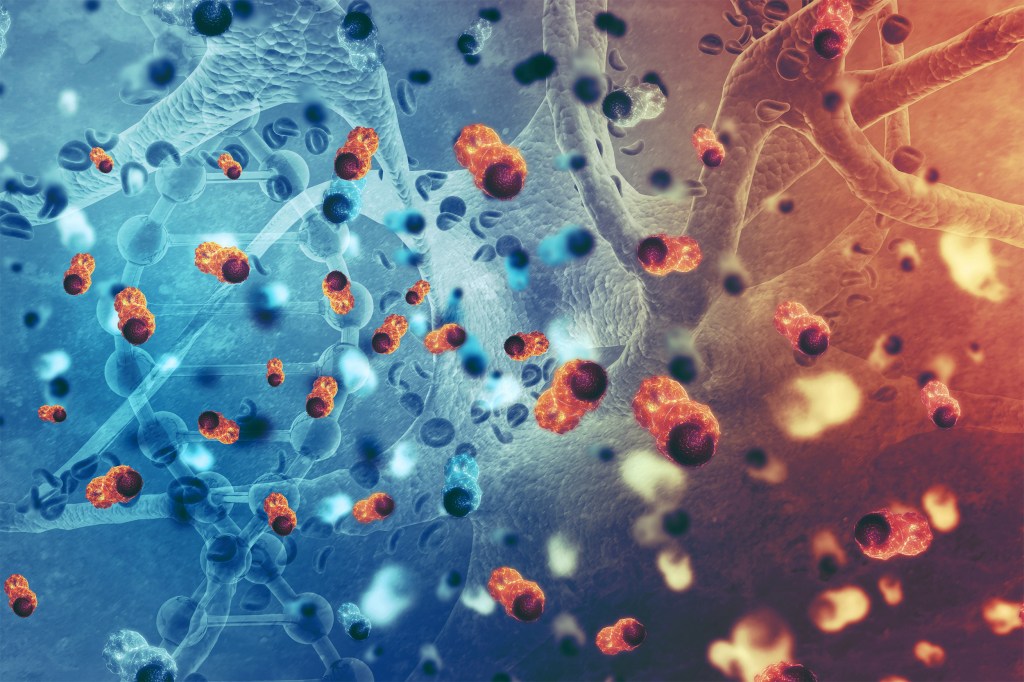
-
Battling the ‘pandemic of misinformation’
Analysts in public health, politics, and technology discuss the “pandemic” of COVID-19 misinformation being shared around the world.

-
How far are we from a vaccine? Depends on who ‘we’ is
Rising nationalism and global inequity will be hurdles to the distribution of COVID vaccines, despite the comparatively “lightning” fast scientific response to the pandemic so far, a Harvard infectious disease expert said Thursday.
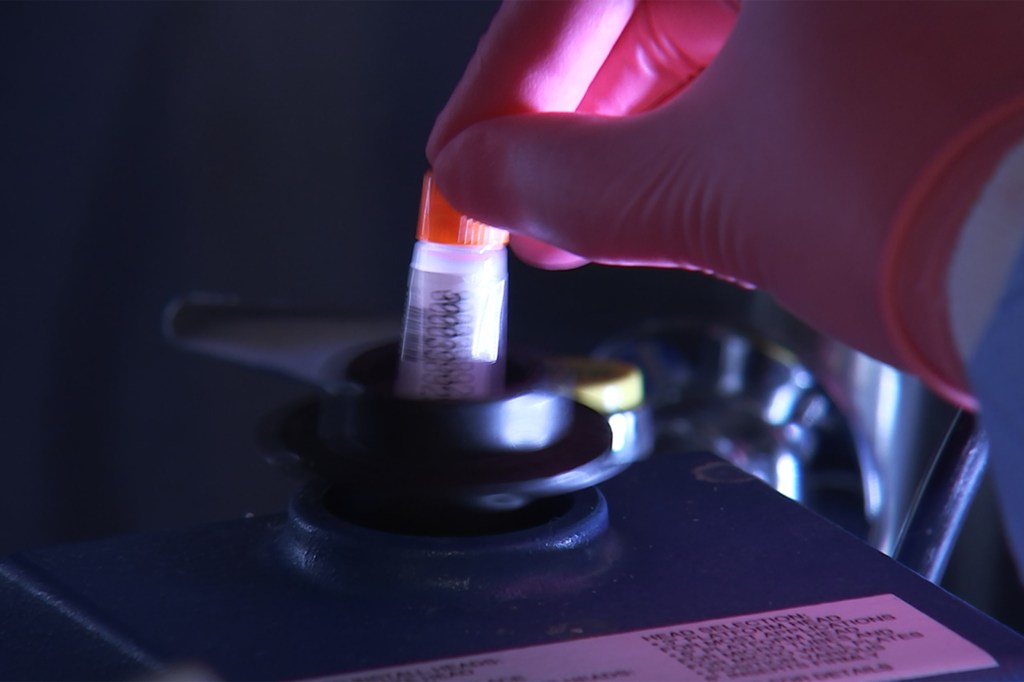
-
Applying wisdom from the Himalayas to the ER’s COVID battle
Wilderness medicine fellows were among those whose attention has been turned homeward, where they’re pitching in to fight COVID-19 in the ER.

-
Intel from an outpatient COVID-19 clinic
A new report by researchers examines the mostly overlooked, yet important, category of patients — those with symptoms concerning enough to seek care, yet not serious enough to need hospital treatment.

-
Healthy dose of religion
New research from the Harvard Chan School found that people who attended religious services at least once a week were significantly less likely to die from “deaths of despair,” including deaths related to suicide, drug overdose, and alcohol poisoning.

-
At the center of the outbreak
Researcher Katharine Robb details how housing policies affect social and health crises, like the current pandemic.
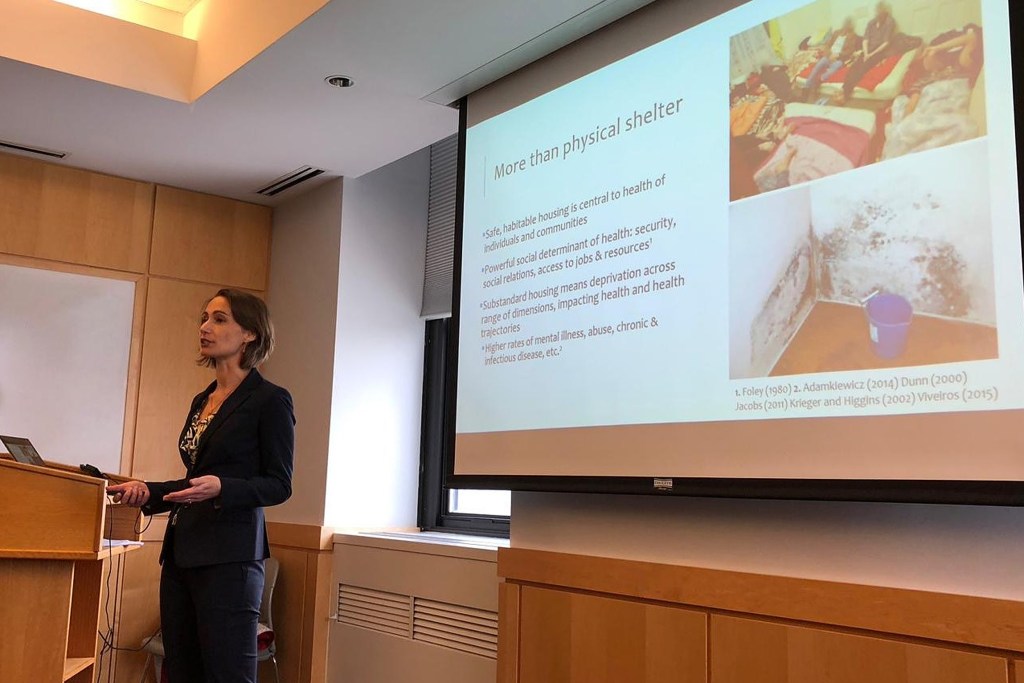
-
Social distance makes the heart grow lonelier
Harvard experts suggest using creativity and looking out for others as ways to get over our own loneliness as keeping socially distanced grinds on.

-
Brothers create screening tool for refugee populations
Brothers Hassaan Ebrahim, a student at Harvard Kennedy School, and Senan, a third-year Harvard Medical School student, founded Hikma Health, a nonprofit that builds software for organizations providing health care to refugee populations.
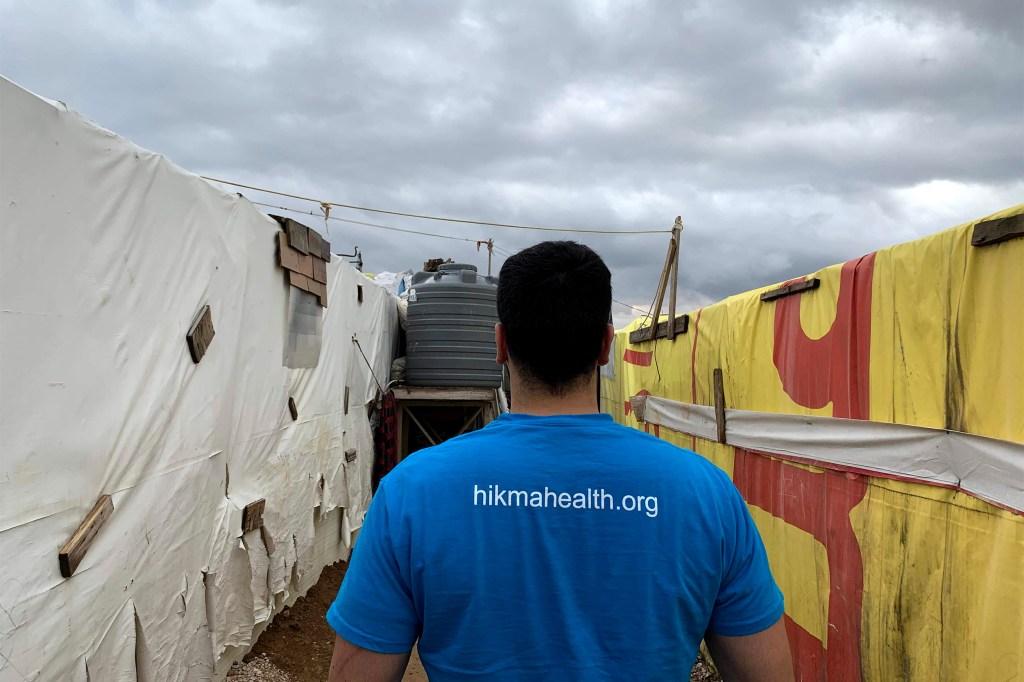
-
Tracking the coronavirus through crowdsourcing
How We Feel app helps fill information gaps regarding the spread of the novel coronavirus.
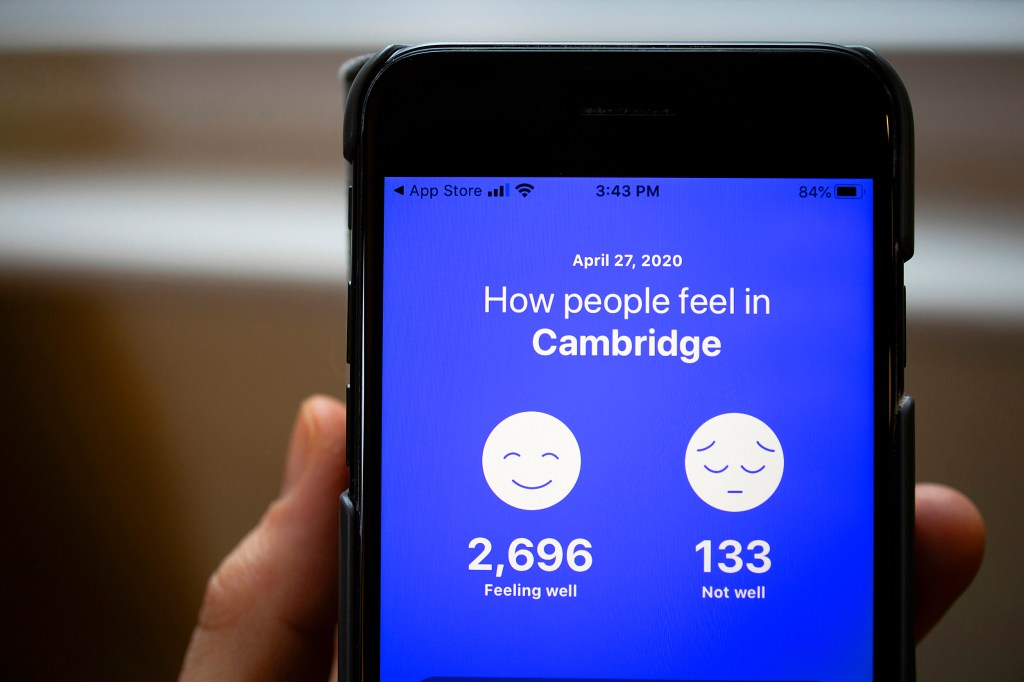
-
A day in the life of an ER doc
Urgent-care physician Anita Chary has turned her attention to treating those suffering from COVID-19 in recent weeks.
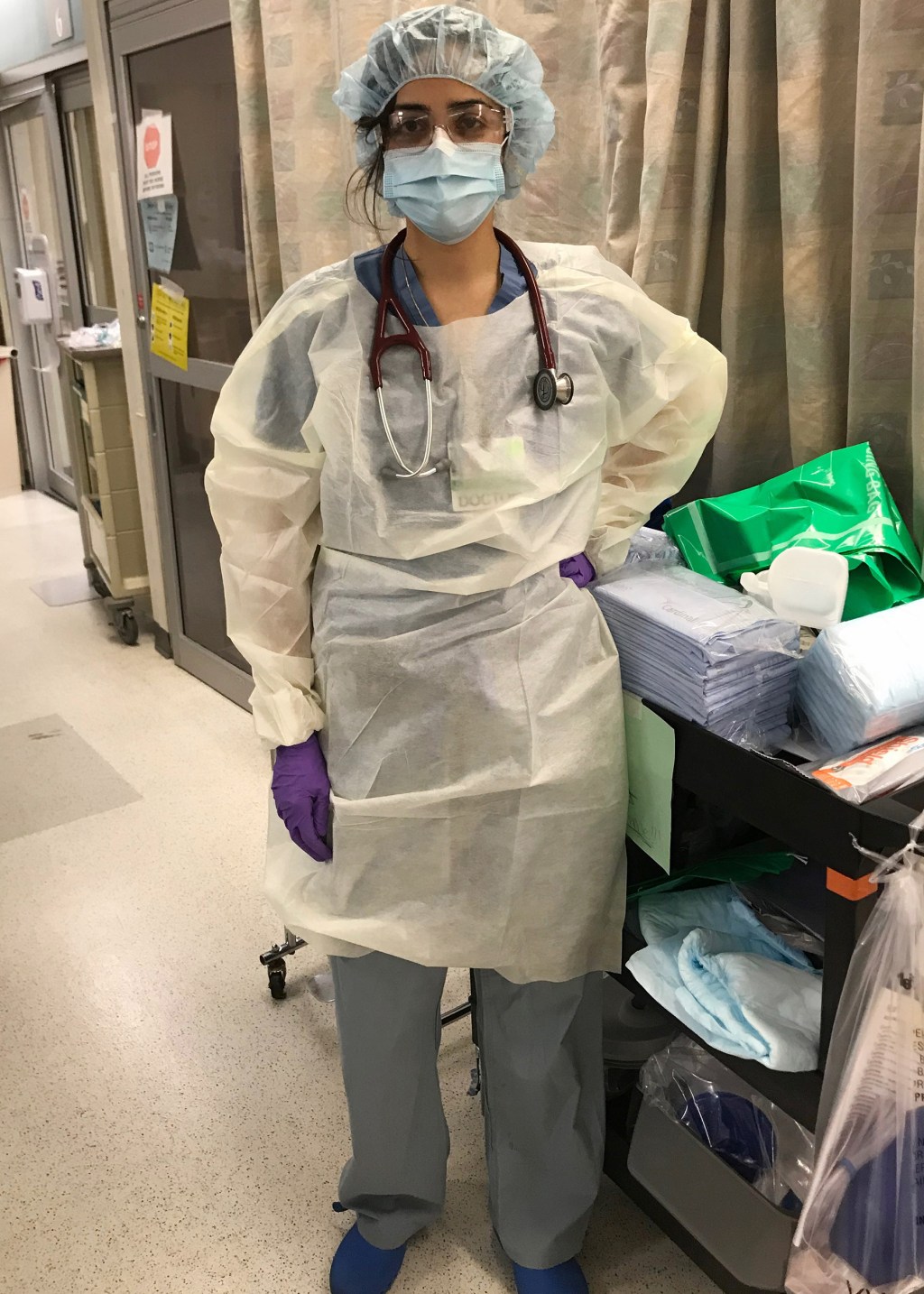
-
In the trenches
Physicians caring for different populations in three hospitals describe life in the midst of a pandemic.
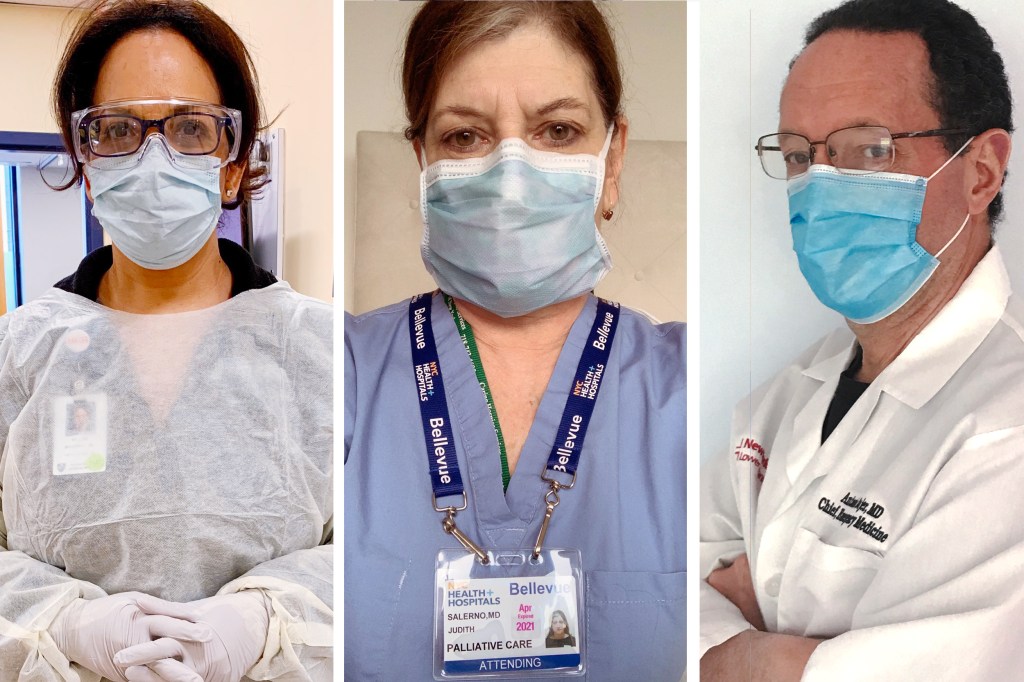
-
A silent epidemic
Early data from peer-reviewed studies suggest that one-third of hospitalized COVID-19 patients of all ages, and two-thirds of those with severe disease, show signs of delirium.
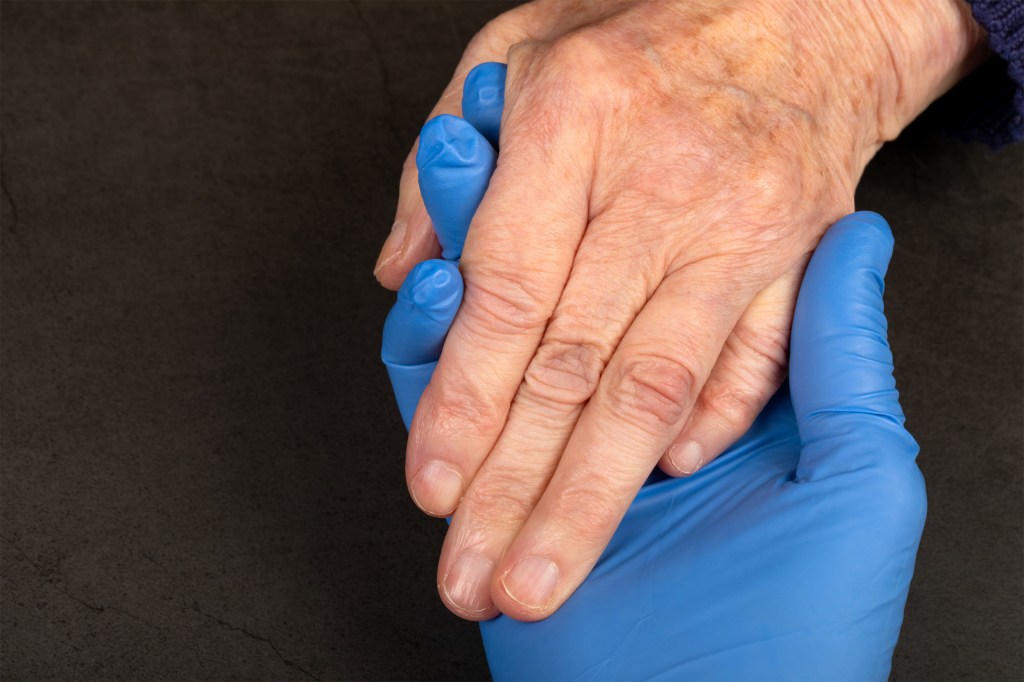
-
A five-layered defense for workplace reopening
Joseph Allen laid out how existing building safety guidelines might be adapted to make workplaces safer in the age of COVID.

-
Breakthrough to halt premature aging of cells
Potential drug treatments are being developed for telomere diseases, in which cells age prematurely.
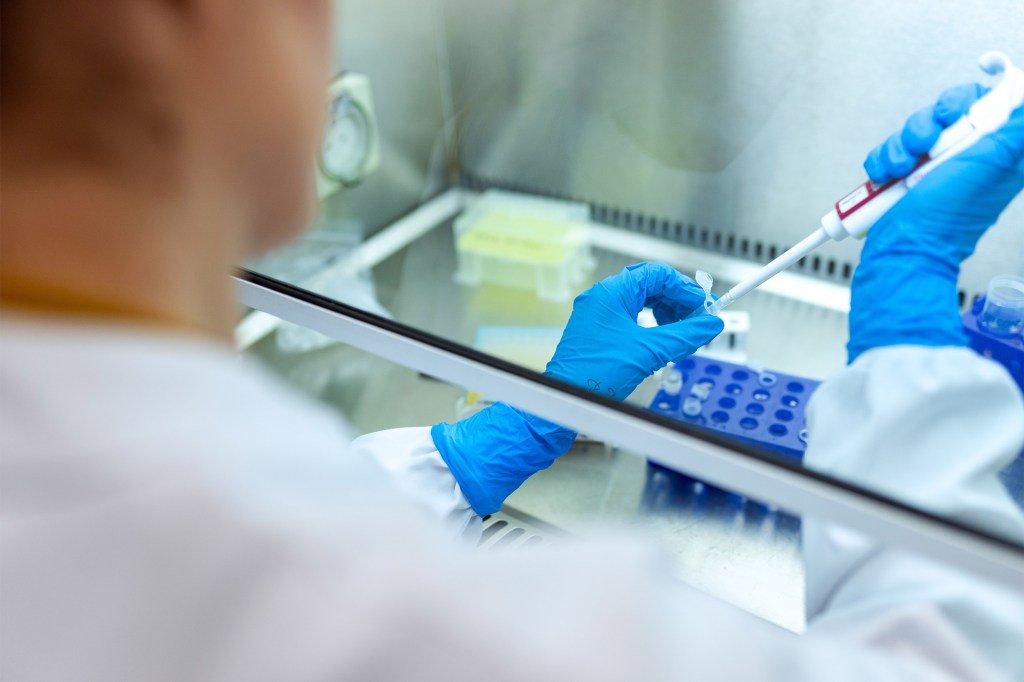
-
Feeling more anxious and stressed? You’re not alone
Uncertainty, unemployment, and ill health are combining to feed a rise in concern about America’s mental health as people shelter from the coronavirus and each other, a Harvard Chan School psychiatric epidemiologist said Thursday.



